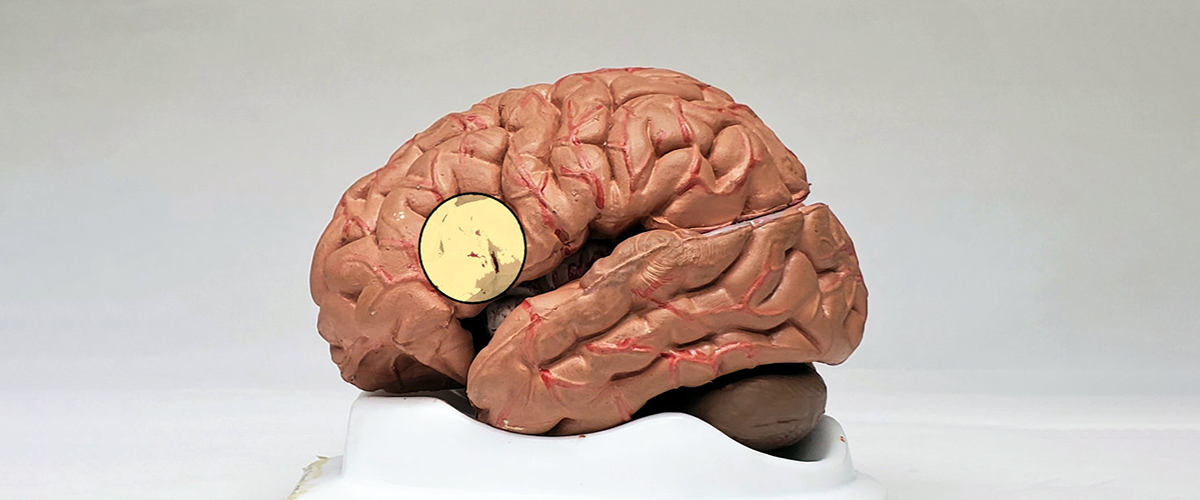
Broca’s aphasia happens after damage to Broca's area, a small area in the left hemisphere of the brain. This part of the brain is important for motor speech production and speech fluency.
Broca's aphasia is a non-fluent aphasia, which means saying 1-4 words at a time. Your doctor may also call it “expressive aphasia”, but there are other types of expressive aphasia. Words spoken by a person with Broca’s aphasia are usually nouns, and there is effort to speak in grammatical sentences.
Verbs, articles and other types of speech are usually omitted. This is called “agrammatical” or “telegraphic speech” because their speech lacks connecting words or sounds like what you’d say through a telegraph. Word-finding issues are more severe, and naming objects, people, or numbers are severely affected.
An example of this type of speech might be, "Well…..cat and…..up……..um, well, no, um…forget it". Apraxia, a problem with forming the motor movements to make sounds on purpose, may accompany Broca’s aphasia. This area of the brain is also very close to the motor centers for the right arm and leg, so damage to this general area can also affect movement and strength of the arm and leg muscles.
As with all aphasias, reading, writing, understanding, and repetition are also affected. Aphasia classifications are diagnosed by speech output, but also repetition and auditory comprehension. Diagnoses depend upon the performance of each skill compared to each other, rather than “normal” language skills. For example, repetition and speech are more affected compared to auditory comprehension in Broca’s aphasia.
Repetition is measured by repeating words and sentences. It can be affected by apraxia, but people with Broca’s aphasia can typically repeat 1-4 words. Similar to speech production, people with more severe aphasia will say fewer sounds or words, whereas people with moderate Broca’s aphasia will repeat up to 4-5 words.
Auditory comprehension, as the relative strength, is often thought to be better than it actually is by family members. Similar to speech and repetition performance, auditory comprehension in Broca’s aphasia variable. Some people will understand only simple “yes/no” questions”; others will understand simplified information without needing other help.
Does Broca’s aphasia get better?
Many people are diagnosed with Broca's aphasia every year. With continued therapy and lots of homework/practice, all language abilities affected by aphasia can get better. It will take time and dedication. Better speech and understanding will improve faster than higher-level reading and writing. Severity of the aphasia can also change, so that Broca’s aphasia can become a different type of aphasia over time.
Where can I learn more about it?
For more specific cases of persons with Broca’s aphasia and their rehabilitation progress, read our Case Studies. Case Studies vary in client age, time since their stroke, number of treatment sessions and life circumstances. You may also find families similar to yours in the Caregiver Stories video pages.
